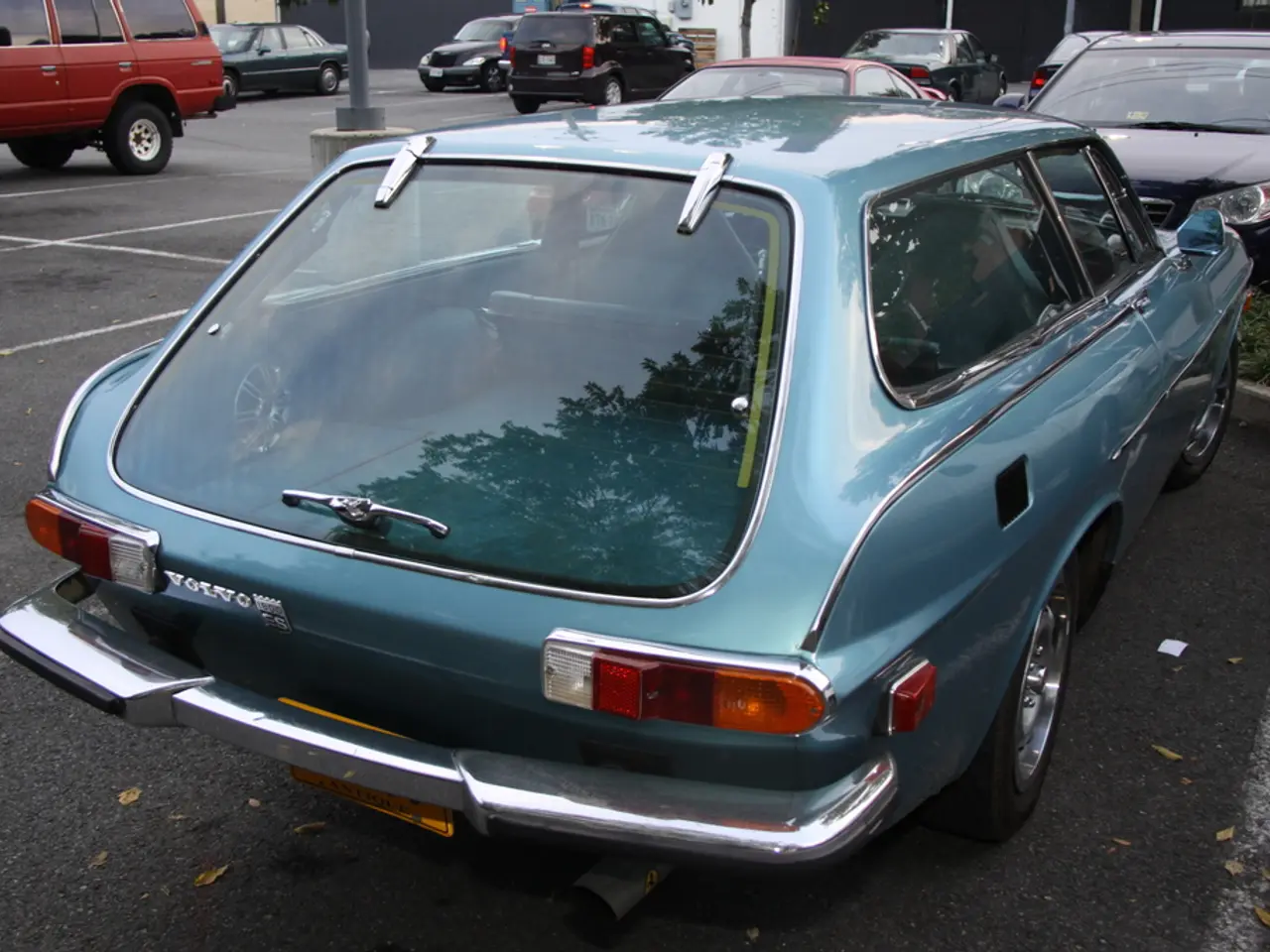Heidelberg intensifies search for parking violators using mobile scanner technology – parking congestion escalates
Heidelberg Introduces Scan Car to Combat Parking Violations
Heidelberg, a city in southwest Germany with a population of around 155,000, is taking a step towards more efficient traffic monitoring and safer streets by introducing a scan car. This innovative vehicle is one of the first of its kind to be deployed in Germany, making Heidelberg a trailblazer in the use of this technology.
The scan car, developed to combat parking violations, will initially operate on a trial basis without issuing fines. This gives residents and visitors a chance to familiarise themselves with the new system before penalties are enforced. The vehicle will be deployed in two districts of the city, where parking pressure is particularly high, especially in major cities.
The scan car is equipped with advanced technology that can check a license plate within a maximum of two seconds. It is capable of checking up to 1,500 vehicles per hour, according to its developer. In comparison, an employee of the municipal public order service can check only about 50 vehicles on foot.
The project to introduce scan cars in Heidelberg was initiated by the Parkraumgesellschaft Baden-Württemberg (PBW) together with partners from the state of Baden-Württemberg. Baden-Württemberg is the first federal state to create a legal basis for the use of such vehicles.
The German Association of Towns and Municipalities views the use of scan cars positively, believing they would contribute to a fair use of public parking spaces. However, the ADAC, Germany's largest automobile association, questions the effectiveness of scan cars in solving the lack of parking spaces. They emphasise the importance of municipalities developing a locally effective parking space concept.
The scan car sends photos to the administration if a vehicle is parked incorrectly. It can check both digital parking permits and resident parking permits. The vehicle used by the scan car is interchangeable, allowing for flexibility in its operation.
The increasing number of vehicles and the size of vehicles is a growing concern, according to the German Association of Towns and Municipalities. The goal of the project, according to the ministry, is to make traffic monitoring more efficient and to make the streets safer. The ADAC acknowledges the increasing parking pressure, especially in major cities, but remains sceptical about the long-term impact of scan cars on the parking situation.
In conclusion, Heidelberg's introduction of a scan car marks a significant step in the fight against parking violations. While the effectiveness of this technology in solving the lack of parking spaces is questionable, it undoubtedly offers a more efficient and potentially safer approach to traffic monitoring. As the trial progresses, it will be interesting to see how this technology impacts the city and whether it becomes a model for other municipalities to follow.
Read also:
- Electric-powered vessels take to the waters of Maine
- Elon Musk accused by Sam Altman of exploiting X for personal gain
- Comparing the value of top electric scooters: Kinetic DX versus Bajaj Chetak versus TVS iQube - Which one offers the best bang for the buck?
- American Eagle's risque promotional effort featuring Sydney Sweeney leads to the brand being categorized as a 'trendy stock' among teenagers.




